The supernova explosion will appear at least two more times in the next 20 years.
Astronomers have discovered the third appearance of a gravitationally lensed supernova explosion dubbed Supernova Requiem. The images of the phenomenon appear alternately in a distant galaxy.
Astronomers have predicted the next two times that the remnant will be visible in the sky. The fourth appearance of the flare is expected to be visible in the sky in 2037, and the fifth – no earlier than 2041.
Everything you need to know about the reappearing Supernova Requiem
What is gravitational lensing?
Gravitational lensing is the effect of the gravity of massive objects on the trajectories of photons. If you place a galaxy or a cluster of galaxies between the observer and the target, you will notice a distorted and brighter one or more images of the observed object.
Variable radiation sources
Moreover, if the radiation source is variable, such as a supernova or quasar, then such observations can be used to impose restrictions on the expansion rate of the Universe and cosmological models.
Gravitationally lensed supernovae
However, gravitationally lensed supernovae are rarely recorded, and scientists do not have a large database yet.
Supernova Requiem
A group of astronomers led by Steve Rodne of the University of South Carolina announced the discovery of a new gravitationally lensed supernova AT 2016jka (“SN Requiem”), which was found as part of the REQUIEM (Resolved Quiescent Magnified Galaxies) program, conducted using the space telescope Hubble, which monitors very distant lensed massive galaxies with a low specific star formation rate.
Brightest target galaxy
The brightest galaxy targeted by the project was MRG-M0138 at redshift z = 1.95, which lies behind the cluster of galaxies MACS J0138.0-2155 (for which z = 0.338), which causes a ground observer to see four curved images of the galaxy.
Analyzing observational data
In analyzing observational data from July 13-14, 2019, scientists discovered three point sources that have been present in Hubble’s archival imagery since July 2016.
Sources
Each point source is within five arc seconds of one of the four MRG-M0138 images, none of which are present in the more recent 2019 observational data. Thus, the scientists came to the conclusion that they had observed a supernova explosion.
What type is it?
The researchers believe that with a high probability Supernova Requiem is a type Ia supernova – a thermonuclear explosion of a white dwarf when it exceeds the Chandrasekhar mass limit (1.4 times the mass of the Sun) due to the accretion of matter or the collision of two white dwarfs.
Importance for science
This type of supernova is extremely important for astronomers, as it is the “standard candle” by which you can determine the distance to the source of the explosion.
Conclusions
After conducting simulations, scientists came to the conclusion that the fourth Supernova Requiem appearance will appear near the cluster’s core in 2037 ± 2, and then it will appear again no earlier than 2041 and will be so dim that it will not be easy to observe.
Reference(s):

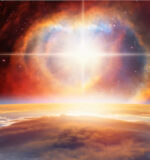

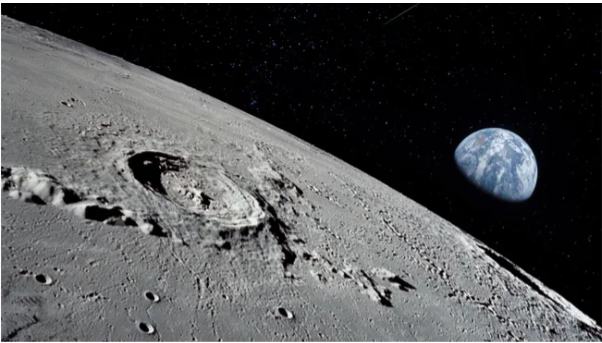
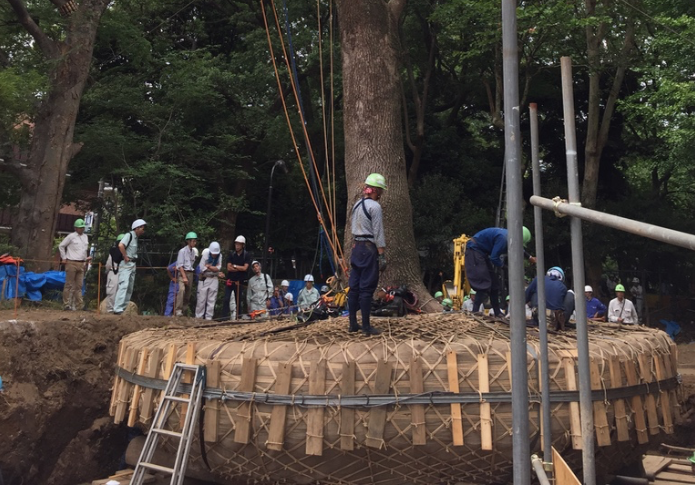

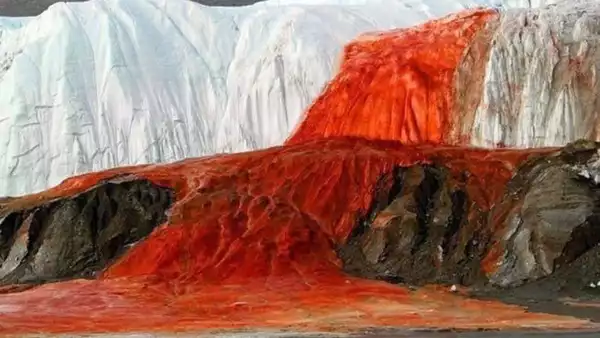
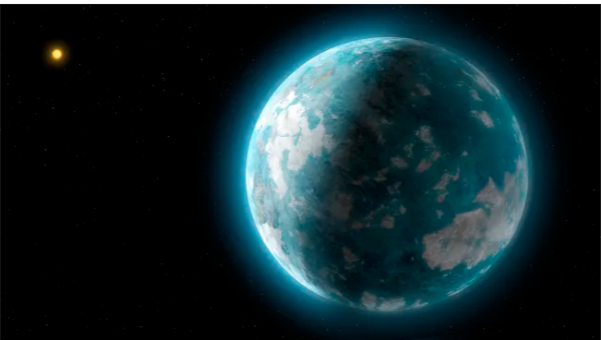

 Photographer Finds Locations Of 1960s Postcards To See How They Look Today, And The Difference Is Unbelievable
Photographer Finds Locations Of 1960s Postcards To See How They Look Today, And The Difference Is Unbelievable  Hij zet 3 IKEA kastjes tegen elkaar aan en maakt dit voor zijn vrouw…Wat een gaaf resultaat!!
Hij zet 3 IKEA kastjes tegen elkaar aan en maakt dit voor zijn vrouw…Wat een gaaf resultaat!!  Scientists Discover 512-Year-Old Shark, Which Would Be The Oldest Living Vertebrate On The Planet
Scientists Discover 512-Year-Old Shark, Which Would Be The Oldest Living Vertebrate On The Planet  Hus til salg er kun 22 kvadratmeter – men vent til du ser det indvendigt
Hus til salg er kun 22 kvadratmeter – men vent til du ser det indvendigt  Superknepet – så blir snuskiga ugnsformen som ny igen!
Superknepet – så blir snuskiga ugnsformen som ny igen!  Meteorite That Recently Fell in Somalia Turns Out to Contain Two Minerals Never Before Seen on Earth
Meteorite That Recently Fell in Somalia Turns Out to Contain Two Minerals Never Before Seen on Earth  Nearly Frozen Waves Captured On Camera By Nantucket Photographer
Nearly Frozen Waves Captured On Camera By Nantucket Photographer  It’s Official: Astronomers Have Discovered another Earth
It’s Official: Astronomers Have Discovered another Earth 
nu2num
rzzr57
k5e93o
5q7g3i
ay5r2x
h08x8c
10et3c
k4yukt